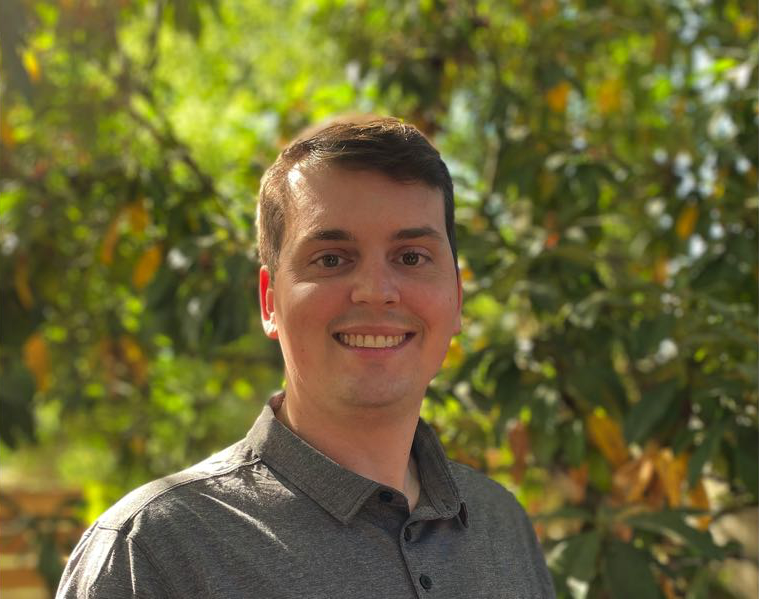
Candidate Photos courtesy of the Lake Oswego Review & Pamplin Media
City Council Candidate
Intro: Lake Oswego Sustainability Network reached out to our City Council Candidates and asked them three sustainability-related questions about: 1) their plans for sustainability action, 2) increasing affordable housing, and 3) embedding sustainability considerations into city projects.
What are your plans for sustainable action and what are you going to do to make it happen?
My primary goal in running for city council is to make Lake Oswego a leader in sustainable development and operation. We need sustainable thinking embedded in each step of the city’s development process, and a top priority from the beginning. To achieve this, I plan on pursuing several key changes to policy and planning processes.
The city employees, especially those in the planning department, are our front-line workers for development. They’re involved in all planning processes from the beginning and guide the direction of the city’s projects. These employees need to be well versed in sustainable urbanism to achieve the outcomes we desire. I’m proposing a yearly budget for sustainability training and conference attendance for city employees.
City employees and private developers in Lake Oswego work within laws and guidelines they’re given. Lake Oswego’s building codes have not been updated to achieve sustainable development and to take on the growing challenges of climate change and the housing crisis. Developer incentives need to be brought in line with the city’s goals of environmental conservation and housing inventory generation. As a City Councilor, my focus will be on updating the building codes with ecological setbacks, higher building efficiency and air tightness requirements, and renewable electricity sources.
Tougher building requirements generally mean a reduction in development. To offset stricter codes, Lake Oswego’s zoning laws need to be updated in lockstep. The city’s proposal to comply with HB 2001 is to create exceptions to the building codes for multifamily developments. Using exceptions is a chaotic process that can leave building requirements unclear, as well as residents and the environment negatively impacted. My proposal, instead, is to update zoning laws across the board to more cohesively maintain the character of Lake Oswego, while accommodating more development flexibility and environmental protection. I am proposing reducing setbacks in all zones to fire-safe minimums, while creating new ecological setbacks for trees, watersheds and other natural resources. Single family home and height requirements will be removed from all zones and residential zones will accommodate small businesses to reduce the need for car travel.
I’m also proposing a residential ban on gas-powered garden and landscape tools. Electric tools have improved significantly over the years and are more than ready to replace gas tools. A small temporary fund will be established to help local landscape companies transition to electric without impacting their business.
Lake Oswego is moving forward in authorizing affordable housing on Boones Ferry Road in Lake Oswego. People who make 80% of the area median income would be eligible. For a family of four in 2021 that would be about $74,000 – about what a firefighter or teacher makes. Should Lake Oswego continue to find opportunities for more affordable housing? What are creative ideas you have or policies you might put forward to further help Lake Oswego’s affordable housing stock grow?
While we’re in this transition phase, with an extreme housing crisis and archaic zoning, I will give my support to affordable housing projects. I’m wary of affordable housing projects with percentage inventory requirements and income lines as a policy in perpetuity. The potential to persist segregation and create edge-cases where families in need are excluded appears to be high. Instead my focus is on reforming zoning laws, as explained in the previous question, to allow entry-level housing inventory to be created throughout the city.
The City is currently in the design process for a new Wastewater Treatment plant and a Recreation Center. In both these cases, many sustainability opportunities were only explored late in the design process and at the request of citizens. What would you do to embed sustainability considerations in City projects from the very beginning including citizen input?
In question 1, I touched on needing to make city employees experts on sustainable urbanism. There’s a lot the city can do to make sure new projects consider sustainability from the start. New city facilities should be required to meet sustainability standards, such as the Living Building Challenge, Passive House, or LEED Gold+.
Lake Oswego is lucky to have many residents savvy in sustainability, and their input should be invited at every step of the development process. The city has the Sustainability Advisory Board to gather citizen input, but the commissions and boards have varying degrees of participation and impact. The Sustainability Advisory Board is not well incorporated into the city’s development and review processes. As a City Councilor I will be pushing to reorganize the commissions and boards to create better transparency, accountability, and communication between residents and the city. For sustainability specifically, the board needs to be integrated into the Planning Commission and Development Review Commission, or fulfill a similar role to the two in the city’s development process.
Note: some readers perceived this question as critical of the City leadership. This was not our intent. We have been pleased with the degree to which the City has collaborated with us on sustainability and made sustainability a focus in their operations. Our goal was to elicit ideas on how collaboration between the city and citizens could be structured. Our apologies for not making our intent clearer.
City Council Candidate Responses
Ali Afghan
Charles A. Bryan
Trudy Corrigan
Jeff Gudman
Katherine Lupton
John Wendland